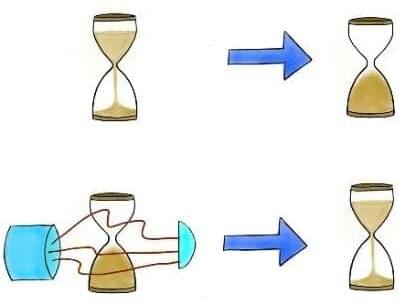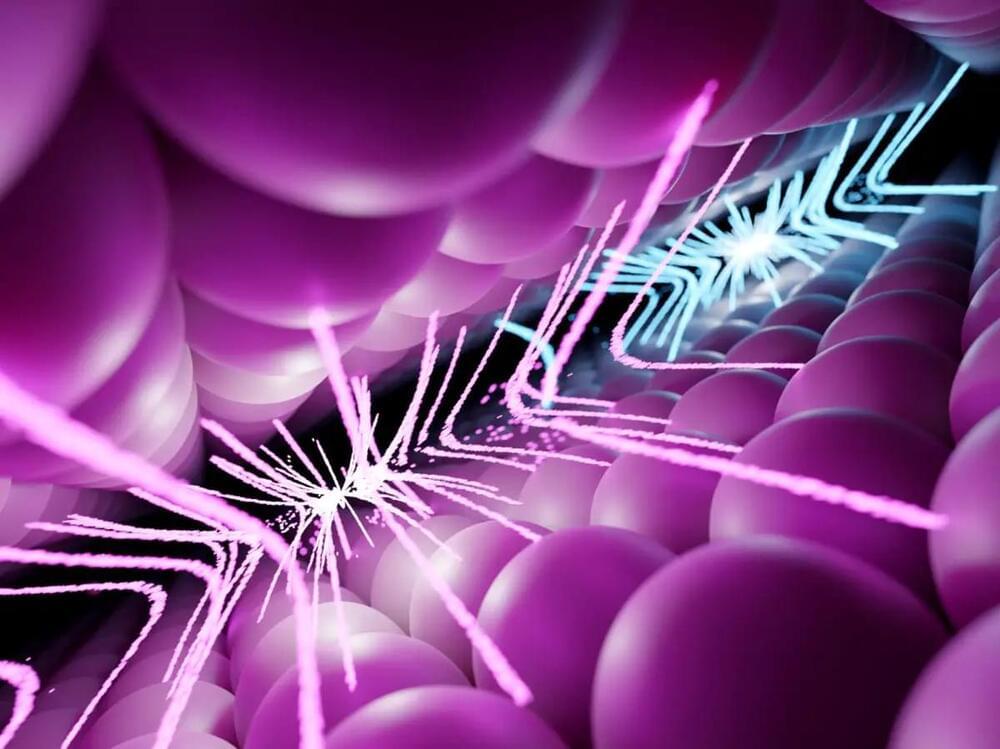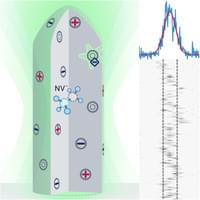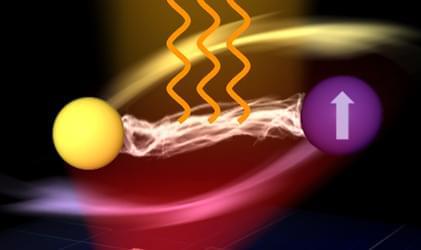Apr 10, 2023
What Is The Price of a Quantum Computer In 2023?
Posted by Dan Breeden in categories: business, computing, quantum physics
Many experts in the industry predict the cost of quantum computing hardware will continue to decrease over time as the technology advances, making it more accessible to a broader range of businesses and organizations. In a recent talk, the CTO of the CIA Nand Mulchandani noted that the quantum industry is still very early and unit costs are still very high, as we are very much in the research and development stage.
In general, pricing concerns are sure to be influenced by several important factors, including how advanced discoveries in the sector are made, market demand for the technology and competition among quantum computing providers.
The Quantum Insider observes with a keen eye the market trends and technological narrative that is evolving as we speak. When thinking about the price of a quantum computer price in 2023, it’s worth considering the access method, the type of computer and usage requirements.

















